Are intelligent people sad like most people? We tend to think geniuses have got it all together but they also face sadness, frustration, and loneliness. Let’s learn the relationship between intelligence and happiness below.
According to experts, high IQ can make you less happy, that’s why they’re rarely happy! Discover why highly intelligent people are miserable and struggle to find for happiness.
The intelligent mind knows everything but what’s good for it. The happy mind knows what’s good for it above everything.
Happiness and intelligence are mutually exclusive because happiness is a state of mind whereas intelligence is a scope of mind – the former being more fixed and the latter more fluid.
Related: 10 Unexpected Traits You Will Find Only In Extremely Intelligent People
If you think you have raised the bar with your intelligence and resilience then you could be in for trouble when you are claiming to be so publicly. Intelligent people often feel personal affront when they self actualize their intelligence. In fact, intelligence is a social construct that is problematic.
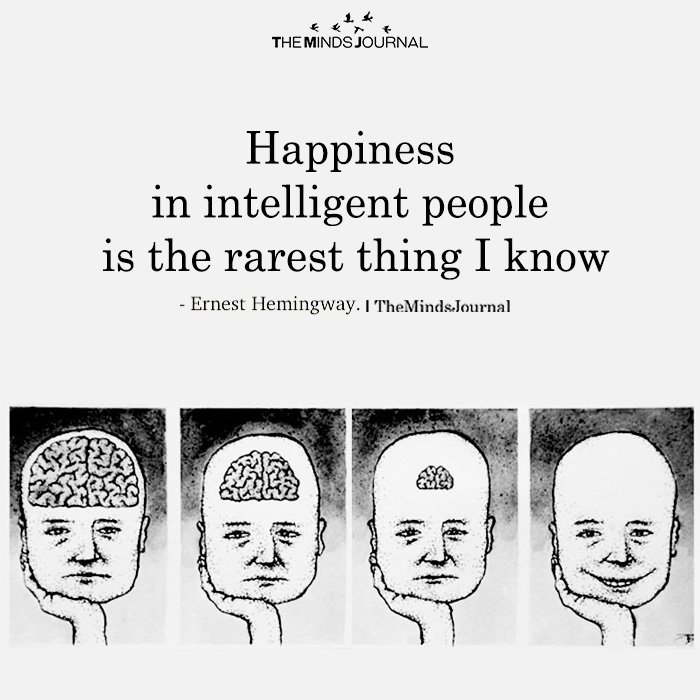
Why are intelligent people sad? Here are 13 reasons:
1. Intelligent people have high standards.
Having standards is a good thing. It can help you stay on a positive path to happiness and success. Setting standards that are too high however, can become a problem. Intelligent people tend to know what they want, and they refuse to settle for less. Their high standards apply to every area of their life. Jobs, relationships, certain goals. This can make it harder for them to be satisfied.
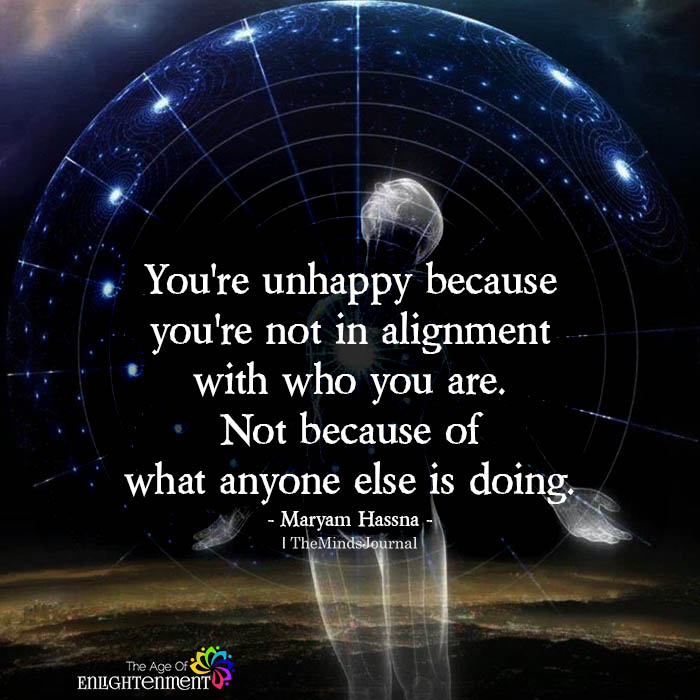
They may constantly feel like their achievements aren’t enough, or that their job isn’t allowing them to get ahead. Their standards can also significantly affect their relationships. Because of such high standards, intelligent people can’t find happiness.
Related: 5 Typical Flaws Geniuses Have
2. Intelligent people acknowledge things as they are rather than applying knowledge to them with hopes of what they could be.
When “happy,” your mind is likely fixed – focused on the present moment When your awareness supersedes knowledge then what you do or do not know is irrelevant, simply because your attention is completely attuned to whatever is really happening.
3. Intelligent minds are not satisfied with the present moment as it is, it constantly tries to find more meaning to it.
When “intelligent,” awareness loses precedence to knowledge. Our minds are not satisfied with the present moment as it is and so either wanders away or abandons it entirely, adds or subtracts from it, refines or reframes it, understands or interprets it, etc. The mind tries to “edit” the moment and apply meaning to it because the moment in and of itself is not enough.
This dissatisfaction starts the mind on a desperate race to access and acquire all of the information and memories it has stored to make the moment “better.” And during this process, the mind becomes impatient, frantic, or lost, because its findings prove insufficient or it fails to find anything at all.
And because its current resources fail to suffice, it goes off and searches for, even more, Googling and reading and writing and wandering, because what is simply not enough. Not able to enjoy the present moment is why intelligent people can’t find happiness.
4. Happiness is the mind that settles; intelligence is the mind that refuses to settle.

For the happy mind, however, whatever is- is enough. It doesn’t seek to alter it; it just accepts it and acts accordingly. The intelligent mind is not so easy to please and will think the happy mind complacent, if not lazy
5. Most intelligent people overthink things.
Highly intelligent people have a tendency to constantly analyze and scrutinize to the point of exhaustion. They will weigh the pros and cons and judge after quietly withdrawing themselves. This often results in depression. They often get the answers to most questions plaguing them.
Continuous answers can be really unpleasant and can wrack them with negativity and despondency leading to disappointing outcomes.
“The ability to observe without evaluating is the highest form of intelligence.” ― Jiddu Krishnamurti
6. When the conditions are less than optimal, they feel let down.
Things don’t often have the same end result: intelligent people have a firmer grasp of everything and give the best solution to all conditions in matters.
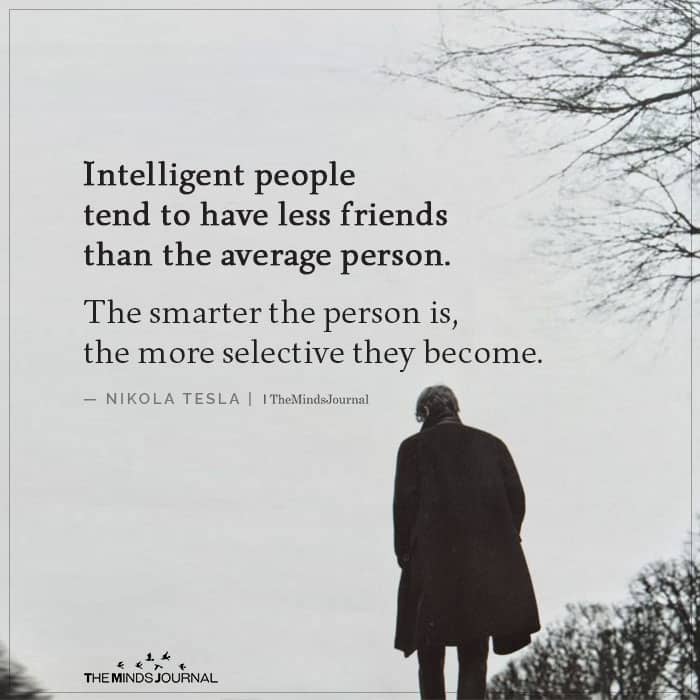
7. Unmistakable self scrutiny of self:
Most intelligent people tend to incline towards a low self image and meagre pride because of the harshness in the way they judge themselves. They will not favour bad qualities and accept them at face value. Their personal standards are high and they become sombre.
Related: Only Highly Intelligent People Can Pass This Test – MIND GAME
8. They look for higher realms.
Most intelligent people are adept at discerning the good from the bad. They do not accept the bad qualities and accept them at face value. Realizing the harsh truth is painful as most intelligent people are subdued and inward looking. Rationalizing incessantly for possible outcomes is a second nature. It’s troubling to know that intelligent people have questioning mind, which asks questions every now and then.
9. Few people actually understand them.
Human contact can be the greatest source of happiness. We always share our worries and stresses with people so that it makes them easy to cope with. Most intelligent people seldom find anyone with the same depth of character to help share their worries and ease their burden.
Related: If You Do Any Of These 7 Things, You Might Naturally Be A Genius
10. Intelligence can often lead to psychological issues.
People who have an above average IQ have a psychological disorder that makes them constantly judge and sum things up by asking relentless questions. This is not a healthy road to go down if taken too far. The human mind is very complex and not fully understood. Over analyzing and feeling isolated is a fact of life for intelligent people. This can be unhealthy though.
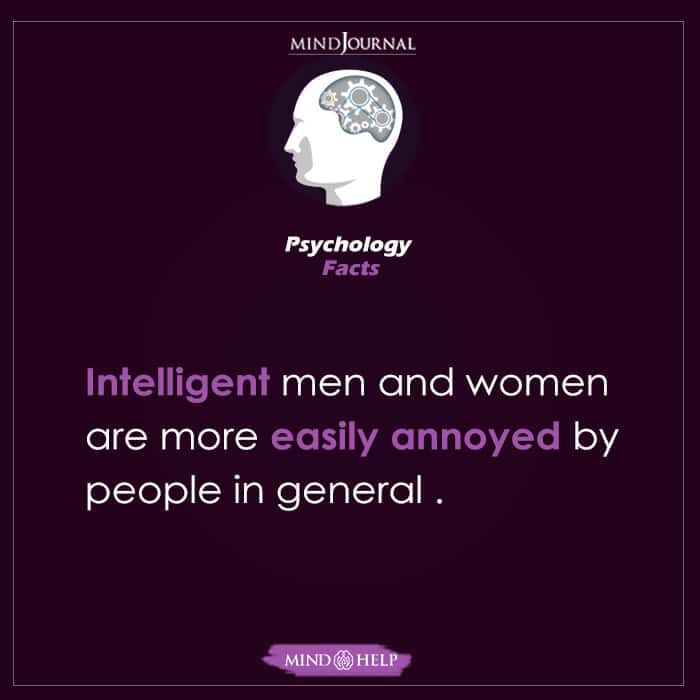
“Happiness in intelligent people is the rarest thing I know.”- Ernest Hemmingway
11. Happiness is a daily hard work.
You should not be able to give up on humanity so easily and cave in. This is a cause of such unhappiness at the end of the day for intelligent and sensitive people. To have social quirks and tendencies is a natural way of life for most intelligent people. Average people do not have the depth of understanding the extent of sensitivity in intelligent people.
Related: What Makes You Happy? Harvard Study Finds #1 Way To A Good Life
12. Most intelligent people can be socially awkward and do not forget things so easily.
Most people take advantage of loopholes or failures in conversations with intelligent people. They often get berated socially when others take an upper hand in social situations.
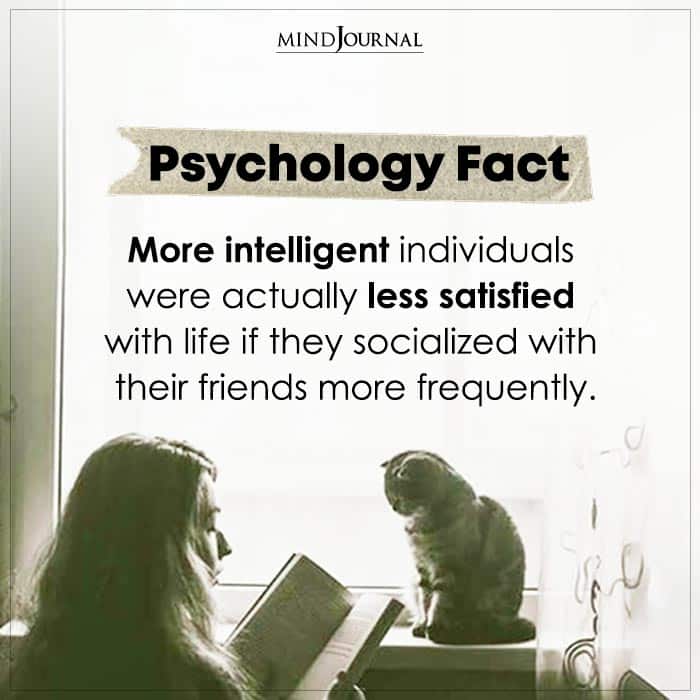
Related: Reasons Why Intelligent People Face Difficulties In Having A Relationship
13. Intelligent people often fear that they are losing their brainpower easily.
They are oozing with sensitivity for humanity and often miss humour and subtle attacks on their self esteem. They often later analyze and over rationalize only to depress themselves easily. Because Aristotle prescribes so —
“All men who have attained excellence in philosophy, in poetry, in art and in politics — even Socrates and Plato — had a melancholic habitus; indeed, some suffered even from melancholic disease.”
Related: Intelligent People All Have One Thing In Common: They Stay Up Later Than You
A lot of intelligent people aren’t always successful and might be subordinate to people with lesser educational degrees and intellect. Formal institutions often summarize the need of special understanding of intelligence needs. A lot of intelligent people crack under pressure and are imaginative and creative souls. They could easily be manipulated and feel unhappy.
“I am so clever that sometimes I don’t understand a single word of what I am saying.”
― Oscar Wilde, The Happy Prince and Other Stories
Are Intelligent People Sad? Here’s How They Can Be Happy
- Stop over-thinking to achieve happiness.
- Embrace life with a sense of gratitude, forgiveness, and acceptance.
- Try mindful meditation, reading self-help books or other physical activities.
- Try to build emotional intelligence and empathy for people around you.
If you want to learn more about why are intelligent people sad and struggle to be happy, then here’s a video:

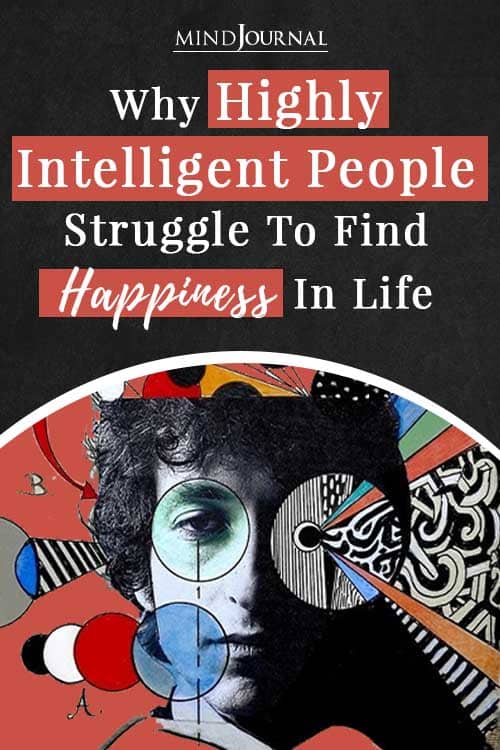
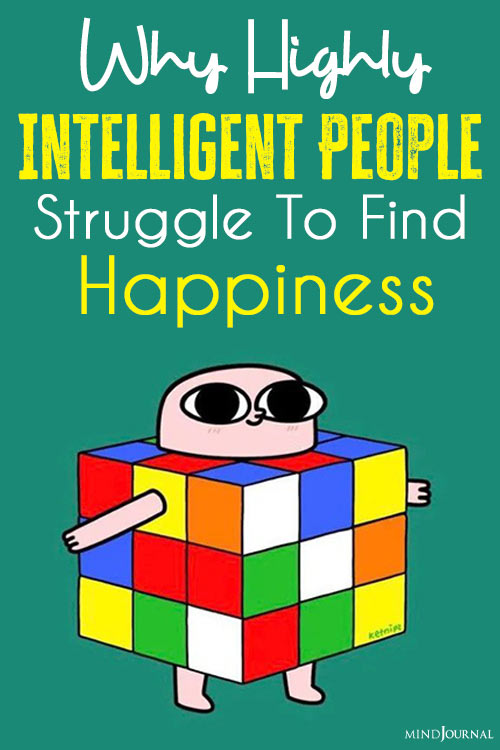
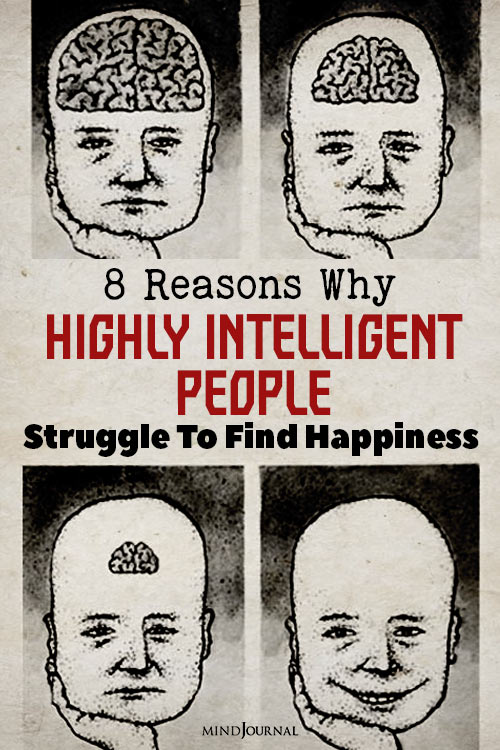

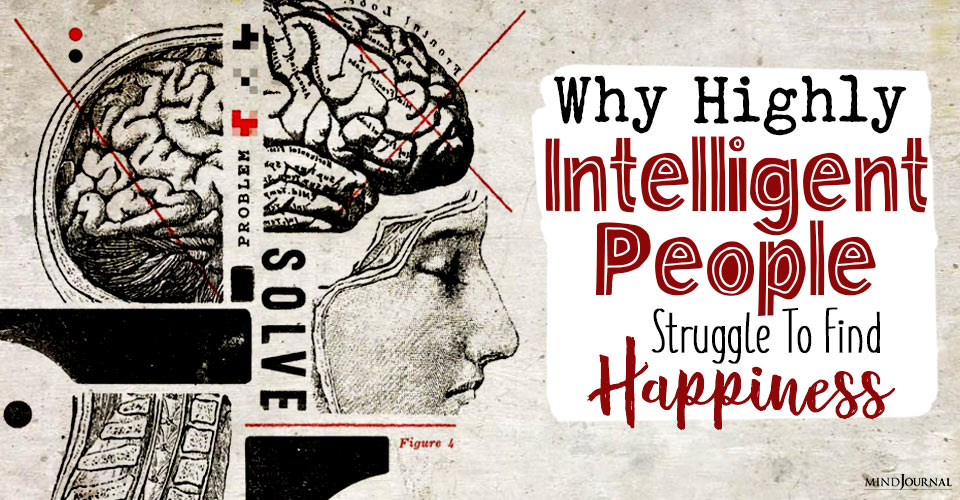
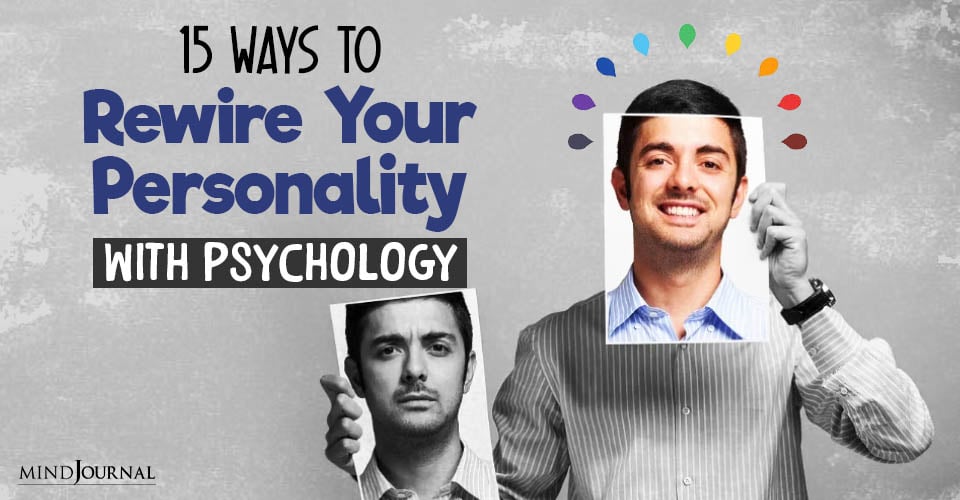
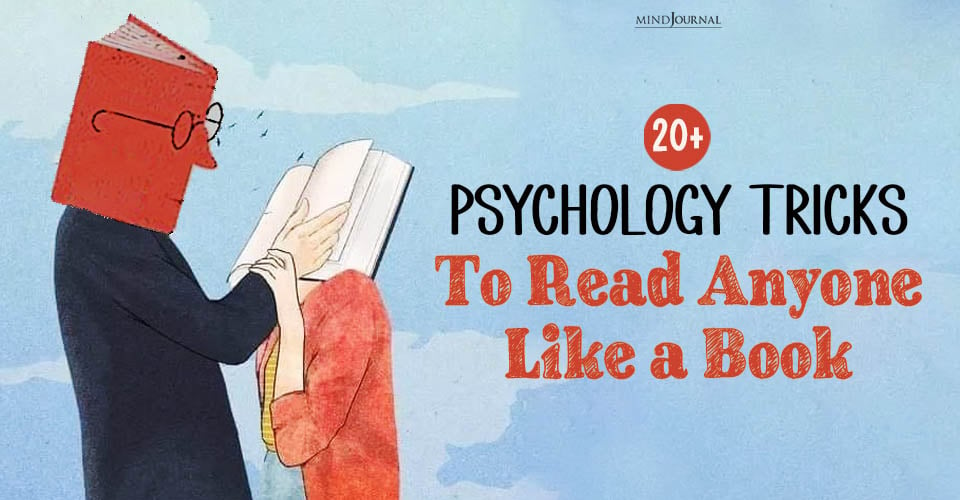
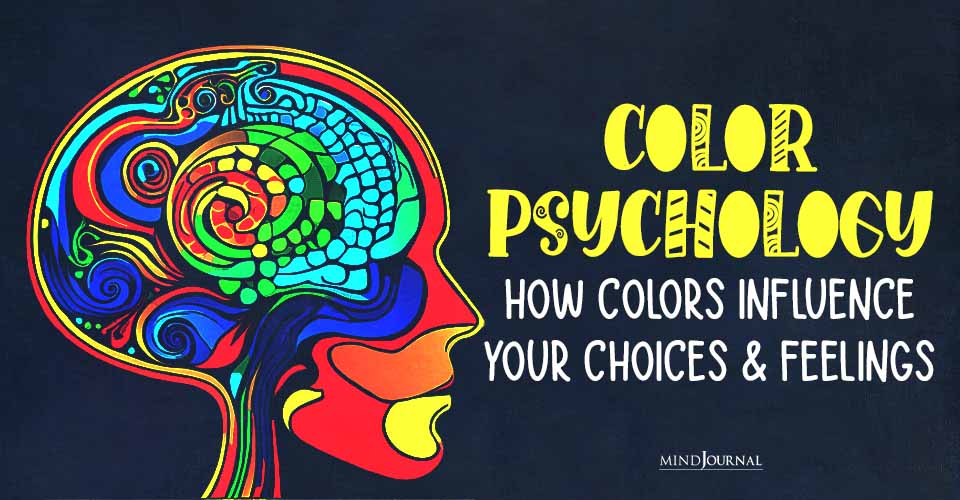




Leave a Reply